Political instability and inflation in Pakistan are causing concerns among stakeholders in the construction industry as raw material prices rise, making housing and commercial construction projects more challenging.
Rising demand for steel and disruptions in the supply chain are leading to price hikes in the global steel market, affecting prices in Pakistan as well. Increased prices of scrap metal, iron ore, coal, and other raw materials are pushing up steel production costs.
Global logistical challenges and delays at ports are disrupting steel supply and driving prices up. Additionally, the depreciation of the Pakistan Rupee is pushing steel prices higher by increasing the cost of imported raw materials.
Government taxes and regulations can affect steel producers' costs and, consequently, prices. Increased construction activities and infrastructure projects are boosting steel demand, upsetting the supply-demand balance and driving prices higher.
The increase in steel prices is significantly raising the cost of construction projects, leading to delays and even cancellations. This situation is driving up housing prices and making homeownership even more challenging. Furthermore, it's making public infrastructure projects expensive, negatively impacting economic development.
The duration of the increase in steel prices remains uncertain. Global economic conditions and the political situation in Pakistan will continue to influence price trends. The government and the construction sector need to collaborate to address this challenge and develop sustainable solutions.


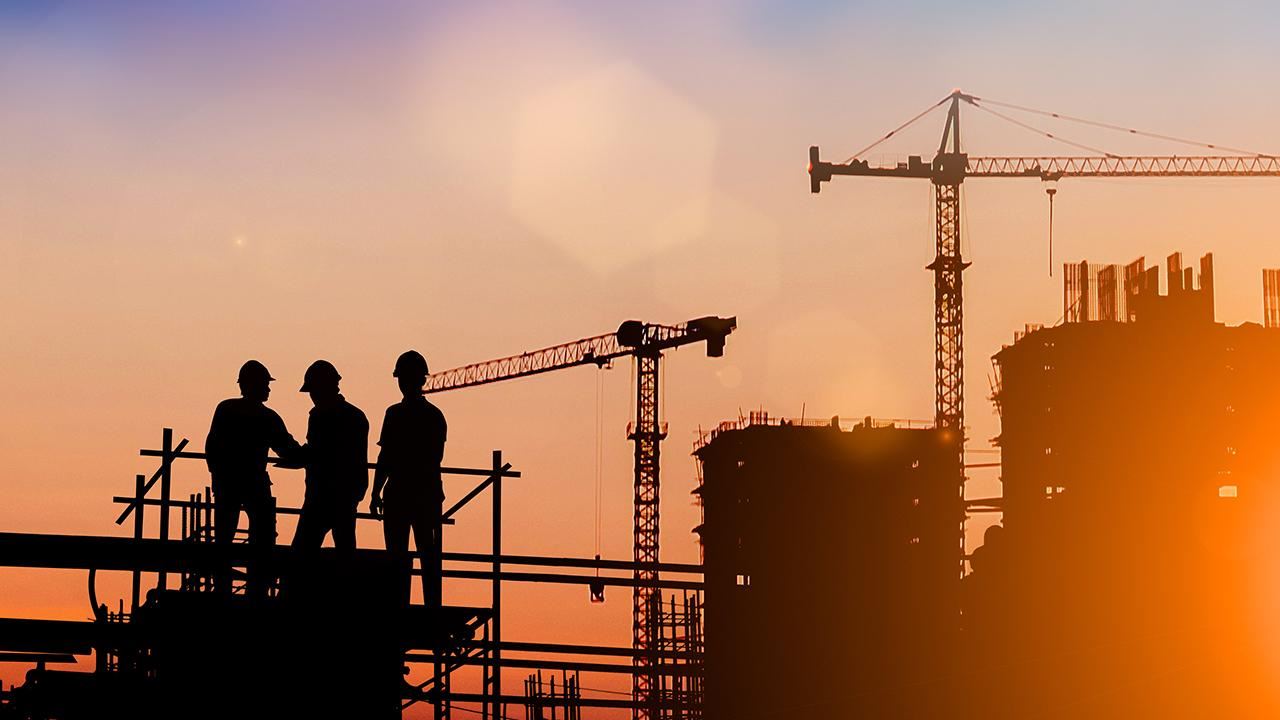

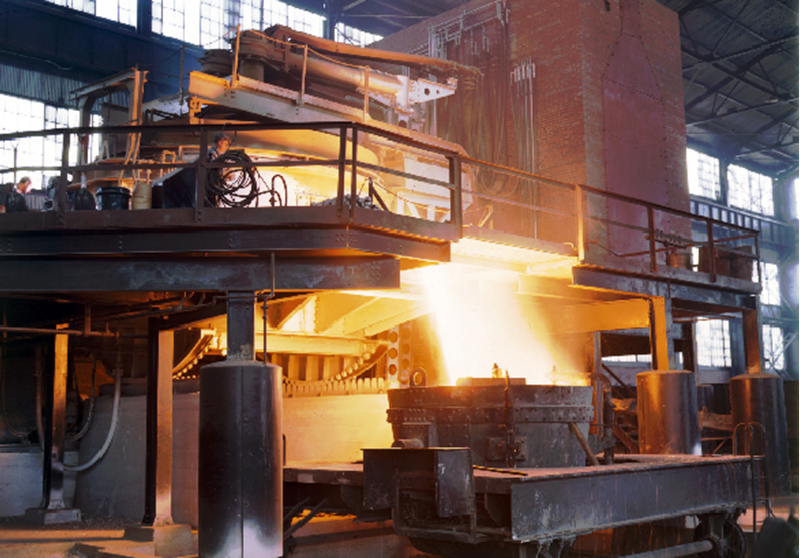
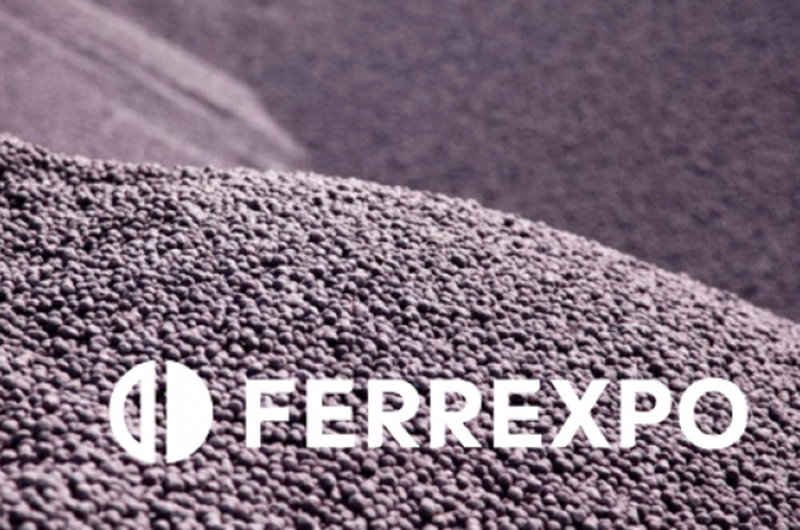
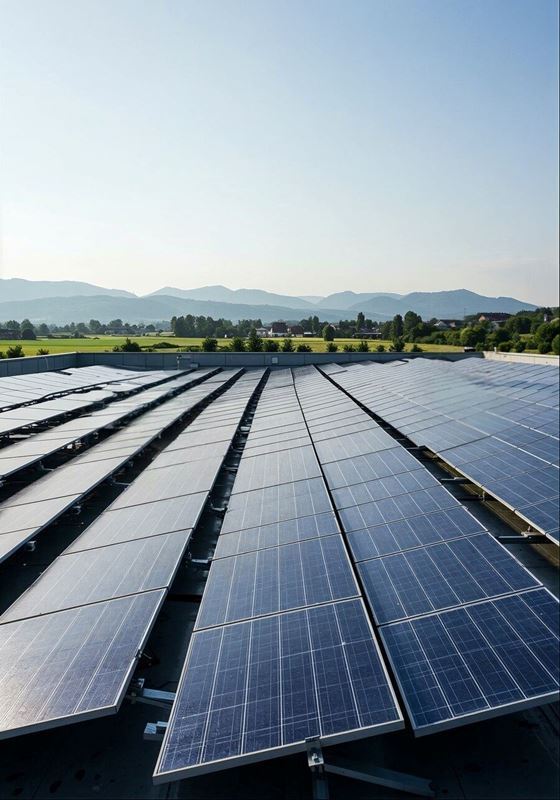
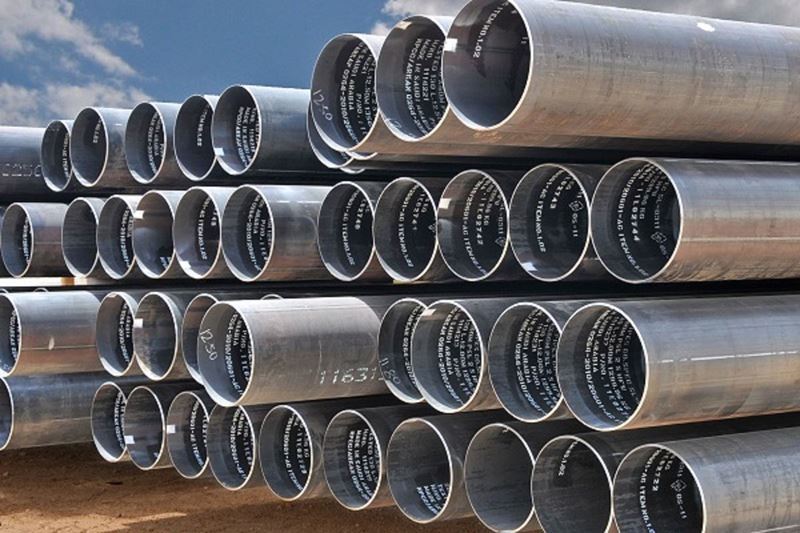
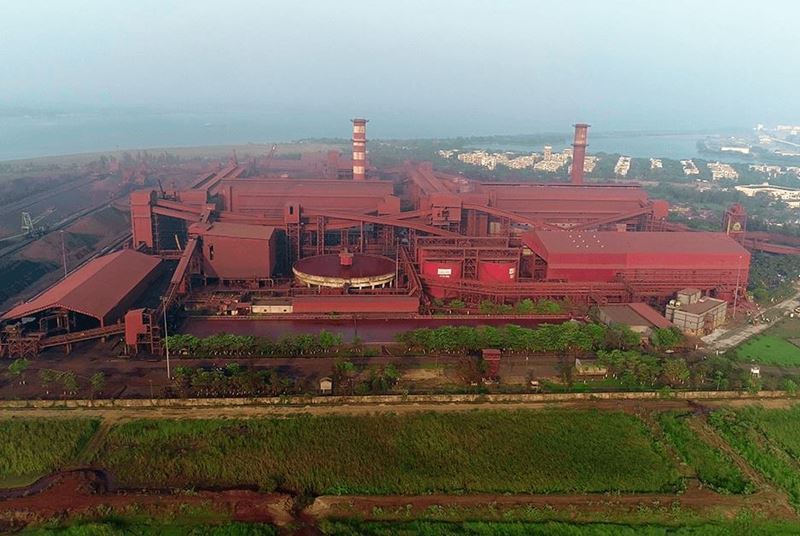


Comments
No comment yet.